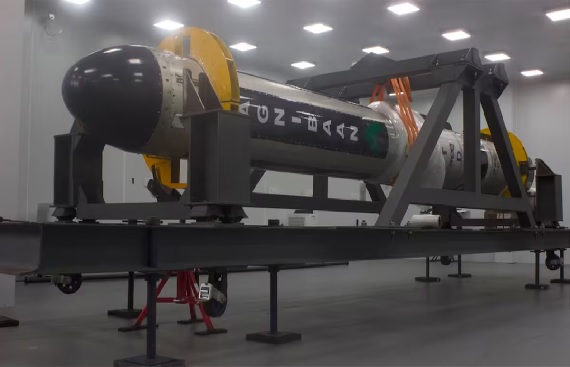India's Agnikul Breaks Ground with Single-Piece 3D-Printed Rocket Engine

· Agnikul builds world’s largest single-piece 3D-printed rocket engine using Inconel superalloy.
· Secures US patent for engine design and manufacturing process, strengthening global IP position.
· Cuts production time by over 60%, enhancing rocket performance, durability, and cost efficiency.
Indian space-tech company Agnikul Cosmos has made a significant technological breakthrough by creating the largest single-piece 3D-printed rocket engine in the world, made from a complete Inconel a superalloy renowned for outstanding strength and thermal resistance. The engine, approximately one meter long, is 3D printed as a single, cohesive structure, without any welds, joints, or fasteners from fuel inlet to plume exit. This minimizes complexity, accelerates manufacturing, and dramatically reduces potential points of failure.
The innovation is a milestone in aerospace additive manufacturing and places Agnikul in the vanguard of next-generation rocket propulsion. To top this achievement, the company has received a US patent for the design of the engine as well as the process of its manufacture. This provides Agnikul with sole rights in one of the largest aerospace markets in the world, precluding any use or sale of its innovation without authorization.
Read More- India's Gifting Startups Stay the Course Amid Global Funding Freeze
Redefining Rocket Manufacturing
Agnikul's one-piece engine is a test of additive manufacturing capability in space technology. By doing away with conventional assembly processes typically taking dozens of welded or bolted components the engine not only saves more than 60% of production time, but also improves fluid dynamics, structural strength, and overall performance.
The. use of Inconel, a nickel-chromium superalloy, enables the engine to. withstand the intense heat and pressure of rocket launches. This. results in a lighter, stronger, and more. cost-effective engine, raising new standards in aerospace engineering.
Strategic Impact and Industry Support
Securing a US patent reinforces Agnikul’s technical leadership and strengthens India’s standing in the global space race. It also underscores the startup’s growing influence in a domain historically dominated by aerospace giants.
Agnikul's path has been supported by extensive engagement with India's premier space agencies, such as ISRO, IN-SPACe, and Wipro 3D. Encouragement from government agencies like the Department of Science and Technology (DST) and the Technology Development Board (TDB) has been instrumental in fostering innovation.
Collectively, these endeavors point to a wider shift across India's private space sector one that sits India at the cusp of becoming an emerging leader in rocket propulsion and satellite launch technologies.

